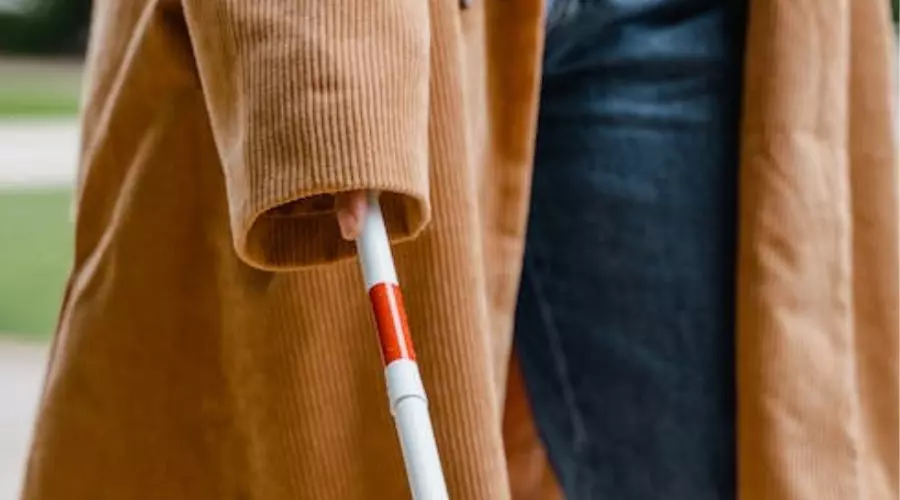If you or a loved one is surviving on Social Security benefits, you would be able to understand the significance of Social Security benefits monthly for everyday survival and financial expenses. An accomplished and knowledgeable Social Security benefits lawyer at Liner Legal can help you win the benefits you need and deserve.
A recipient of Social Security benefits should expect to receive one Social Security check every month. However, there could be some exceptional cases in which a Social Security recipient receives multiple checks in a single month. This could be normal for some Social Security beneficiaries but a rare occurrence for others.
As a beneficiary, you may wonder why you have received multiple benefits payments in a single month and if you can expect the same pattern to repeat itself in the coming months also. In this blog post, we will explain the reasons behind getting two Social Security checks in a single month and whether you should expect the same pattern in the coming months.
Receiving Social Security Retirement and SSI Payments At the Same Time
Generally, an individual cannot receive Social Security retirement and Social Security Disability Insurance (SSDI) benefit payments at the same time. However, if you meet the strict financial qualification criteria laid down by the Social Security Administration (SSA), you may qualify for Supplemental Security Income (SSI) benefits even though you are receiving Social Security retirement benefits. In such a situation, you will be receiving Social Security retirement benefits and SSI benefits at the same time.
Yet, the two benefits are different and emanate from different programs on different dates. Therefore, Social Security retirement benefits and SSI payments are never credited to your account on the same date of the relevant month. In case you are someone who qualifies for benefits under both programs, you should expect two different payments every month, one for each program.
You Are Receiving Both Social Security Disability and SSI Payments
An individual can receive both Social Security Disability Insurance (SSDI) and Supplemental Security Income (SSI) benefit payments at the same time. This is described by the SSA as “concurrent benefits.” This could happen in cases where an applicant for SSDI benefits qualifies for low monthly benefits under the program and therefore remains within the strict income and resource limitations for Supplemental Security Income benefits. It includes cases where a small work record in recent years leads to lower SSDI benefit payments.
If you or a loved one receives both Social Security Disability (SSD) payments and SSI payments, you may end up getting two Social Security checks in a single month. These are two separate payments under the disability programs managed by the Social Security Administration. As such, the two payments are not linked together and have no relationship with each other.
The SSA credits SSD benefits and retirement benefits on the same date. However, on reaching the Full Retirement Age (FRA), the SSA will convert your disability benefit payments to retirement benefits. This means that your payment date will remain the same. However, there may be a variation in the benefits payments under the two programs.
There Is an Unusual Exception In The Calendar.
In certain months of the year, there may be bank holidays on such dates that the SSI payments get pushed up. This will automatically lead to Social Security beneficiaries getting checks for two months in a single month. However, it does not mean that your benefits themselves would be doubled.
Just because an extra SSI payment gets pushed up due to bank holidays in a certain month, the extra SSI payment will not be credited again by the SSA in the succeeding month. Therefore, if an SSI beneficiary receives benefit payments on September 1 and September 29, they won’t receive any payments in October. As such, bank holidays accelerate SSI payments only by a couple of months, but it could lead to a lot of complications and confusion for those not aware of this exception.
The SSA Owes Back Payments.
The SSA may owe you back payments on your Social Security record and may end up giving you multiple payments in one month to settle the dues. This could happen if the SSA had approved you only recently for disability benefits. The SSA calculates your back payments based on the period between your “Established Onset Date” (EOD) and the date of your first payments. Once you start getting owed back payments from the SSA, they will naturally arrive on a different timeline from your regular benefits.
Contact Liner Legal Today for A Free Consultation and Case Review.
If you or a loved one wants to apply or plan for Social Security benefits, you must speak with an experienced and knowledgeable Social Security benefits lawyer at our office. Contact Liner Legal today for a free consultation and case review.







